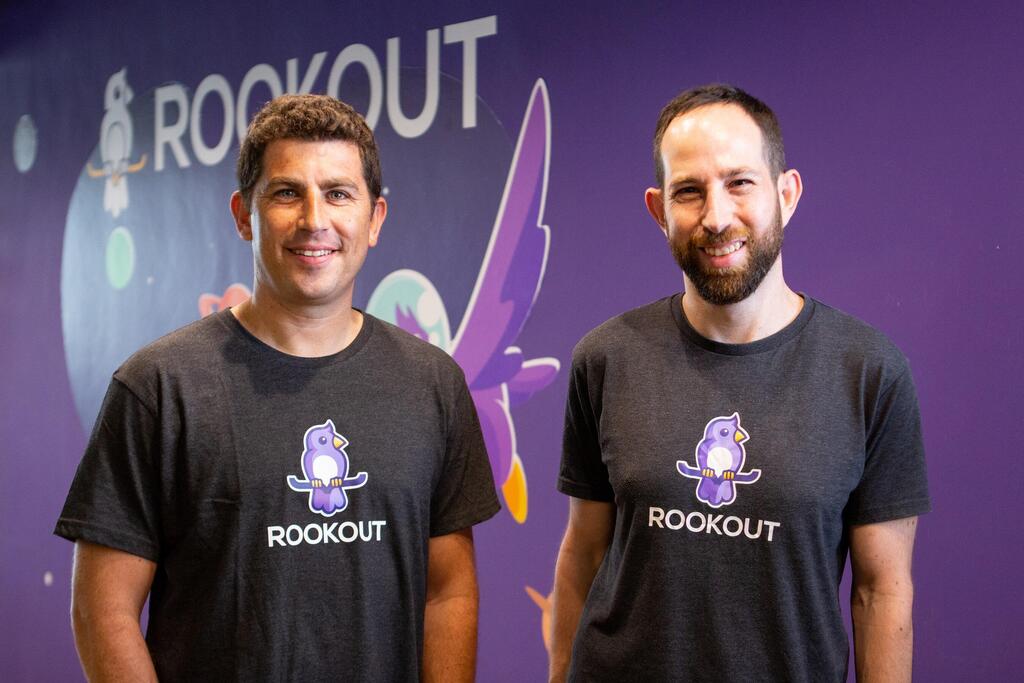The Station is a weekly newsletter dedicated to all things transportation. Sign up here — just click The Station — to receive the newsletter every weekend in your inbox. Subscribe for free.
Welcome back to The Station, your central hub for all past, present and future means of moving people and packages from Point A to Point B.
Hey frens! I’m back from vacation and who-wee — a lot happened this week from automaker earnings and the Tesla range inflation drama to Waymo tapping the brakes on self-driving and Cruise expanding to yet another city.
One other note, you can find me on TechCrunch’s Equity podcast, a place where I will show up on a semi-regular basis, including this episode that came out Friday!
Onward!
Want to reach out with a tip, comment or complaint? Email Kirsten at kirsten.korosec@techcrunch.com.
Reminder that you can drop us a note at tips@techcrunch.com. If you prefer to remain anonymous, click here to contact us, which includes SecureDrop (instructions here) and various encrypted messaging apps.
Micromobbin’

Is there anything else to talk about besides Lyft mulling the sale of its ebike division?
Lyft posted on its blog that it had received “strong inbound interest” in its bikes and scooters business.
The company stated:
As a leading bikeshare provider, supplying solutions to over 53 markets across 15 countries, it’s only logical for Lyft to listen to credible proposals and explore strategic partners and options in several forms to serve more riders in more cities. We expect this part of the business to continue to be a meaningful part of Lyft’s offering now and into the future.
The announcement runs contrary to what newly appointed CEO David Risher has told reporter Rebecca Bellan in past interviews. Risher, who is known as a big supporter of ebikes, did say the company planned to focus on its core ride-hailing business and become profitable, but it didn’t seem like the two-wheeled share service was on the chopping block.
The news prompted some here at TechCrunch to declare that shared micromobility was officially dead. I’m not so sure.
What do you think?
Deal of the week

Instead of a deal of the week, I’d like to call y’all’s attention to the list of deals below. See a pattern emerging?
Yup, me too. Software and EV charging sure seems like a thing, eh?
Other deals that got my attention this week …
Ampcontrol, an EV fleet management software startup, raised $10 million in Series A funding round led by the Westly Group. Other investors included AngelPad and Lorimer Ventures.
Aurora raised $820 million in a public and concurrent private offering (a deal we covered last week.) As I mentioned in the Equity podcast, tucked inside the SEC filing detailing the deal we learn that Uber invested $1 million in the private placement and $74 million in the public follow-on. When taking into account the Class B shares, Uber has a 22% stake in Aurora.
EV.energy, the UK-based EV charging software startup, raised $33 million in a Series B round led by National Grid Partners with participation from new investors Aviva Ventures, WEX Venture Capital and InMotion Ventures, as well as existing investors Energy Impact Partners, Future Energy Ventures and ArcTern Ventures.
Flipturn, a startup that developed a software management system for EV truck fleets, raised $4.5 million in a seed round led by Accel.
Field, the battery energy storage systems developer launched by former Bulb Energy co-founder Amit Gudka, raised £200 million from DIF Capital Partners.
Voltpost, a New York City–based startup that developed hardware that converts lampposts into EV charging spots, raised $3.6 million in a seed round led by RWE Energy Transition Investments with participation from Twynam Funds Management, Exelon Foundation, Good News Ventures and Climate Capital.
VW Group made a pair of deals with Chinese automakers aimed at shoring up sales in China, including taking a 5% stake valued at about $700 million XPeng as part of a deal to jointly develop and produce two mid-sized EVs for China. In a separate agreement, Audi expanded a partnership with SAIC. Reporter Rita Liao provides insight on what this deal could mean for future alliances between China and the West.
Notable reads and other tidbits

Autonomous vehicles
Cruise self-driving vehicles arrived in Nashville this week for testing; a robotaxi service is expected to follow. Cruise will also begin testing in multiple, new cities as part of its aggressive commercial ramp, according to the company. If the company’s careers page provides any hints, it seems Atlanta is one of them.
Want evidence that Cruise is accelerating? One year ago, Cruise only operated in San Francisco. Cruise has since expanded to Austin, Dallas, Houston, Phoenix and most recently Miami.
Rafaela Vasquez, the safety driver who was behind the wheel of an Uber ATG self-driving vehicle when it struck and killed a pedestrian in Tempe in 2018, pleaded guilty to endangerment. Vasquez was sentenced to three years of supervised probation.
Waymo is tapping the brakes on self-driving trucks and shifting most of its capital, resources and talent to one commercial bet: ride-hailing. I won’t call it a complete shutdown as limited testing will continue. But the program as it once stood is over. It seems most people on the team have kept their jobs at Waymo, per sources. (However, it’s still early; we’ll see how it all shakes out once the program is wound down.)
Earnings
Ford and GM both posted earnings this week and there were some general themes; namely that business is good if you’re selling gas and hybrid trucks and SUVs. The EV business? Well that’s a bit of a money loser. Both companies raised profit guidance for the year and GM said it would cut costs another $1 billion as it focuses on earning more money.
Ford, which now breaks out earnings for three business units, is tweaking its EV plans. The big line item is that Ford expects its EV business to lose $4.5 billion in 2023 — double what it previously forecast. And the company seems to be more bullish than ever on hybrids, which reminds me of Bill Ford’s comments way back in 2016 about viewing hybrids as a transitional, or bridge technology. At the time, the sentiment was about consumer adoption. These days Ford is learning that hybrid technology applied to trucks is particularly attractive to buyers.
Electric vehicles, batteries & charging
Ample, a San Francisco-based startup, is bringing its modular EV battery swapping technology to Mitsubishi Fuso’s electric trucks this winter.
GM isn’t going to kill off the Chevy Bolt EV after all. This is going to be a next-gen Bolt EV based on the new Ultium platform and battery design. I’m fascinated by this reversal because it happened so quickly (3 months!). Will it still be assembled at the Orion plant? Reminder: Orion was supposed to be retooled for electric truck production once the Bolt went out of production at the end of 2023.
Tesla exaggerated the range estimates for its EVs for years, prompting owners to flood its service center over concerns that their vehicles needed service, according to a new detailed Reuters report. As I note in my own story, one of the nagging problems with range estimates is their variability, which allows some automakers to push the boundaries of the system. While the EPA does review and approve those estimates, it allows automakers to use one of two methods to reach those figures: use a standard formula that converts fuel economy results, or conduct additional tests to come up with their own range estimate. Tesla has always done the latter, which gives far better numbers.
Miscellaneous
Lacuna Technologies, a startup that sold software services to cities to help create and enforce transportation policies, has shut down, per a LinkedIn post from product lead Samuel Jackson. (h/t to the source who pointed me to the post).
Disrupt!

Beep beep! TechCrunch Disrupt 2023, taking place in San Francisco on September 19–21, is where you’ll get the inside scoop on the future of mobility. Come and hear from today’s leading mobility entrepreneurs on what it takes to build and innovate for a more sustainable future. Save up to $600 when you buy your pass now through August 11, and save 15% on top of that with promo code STATION. Learn more.
from https://ift.tt/Rlw21zC
via
Technews




















